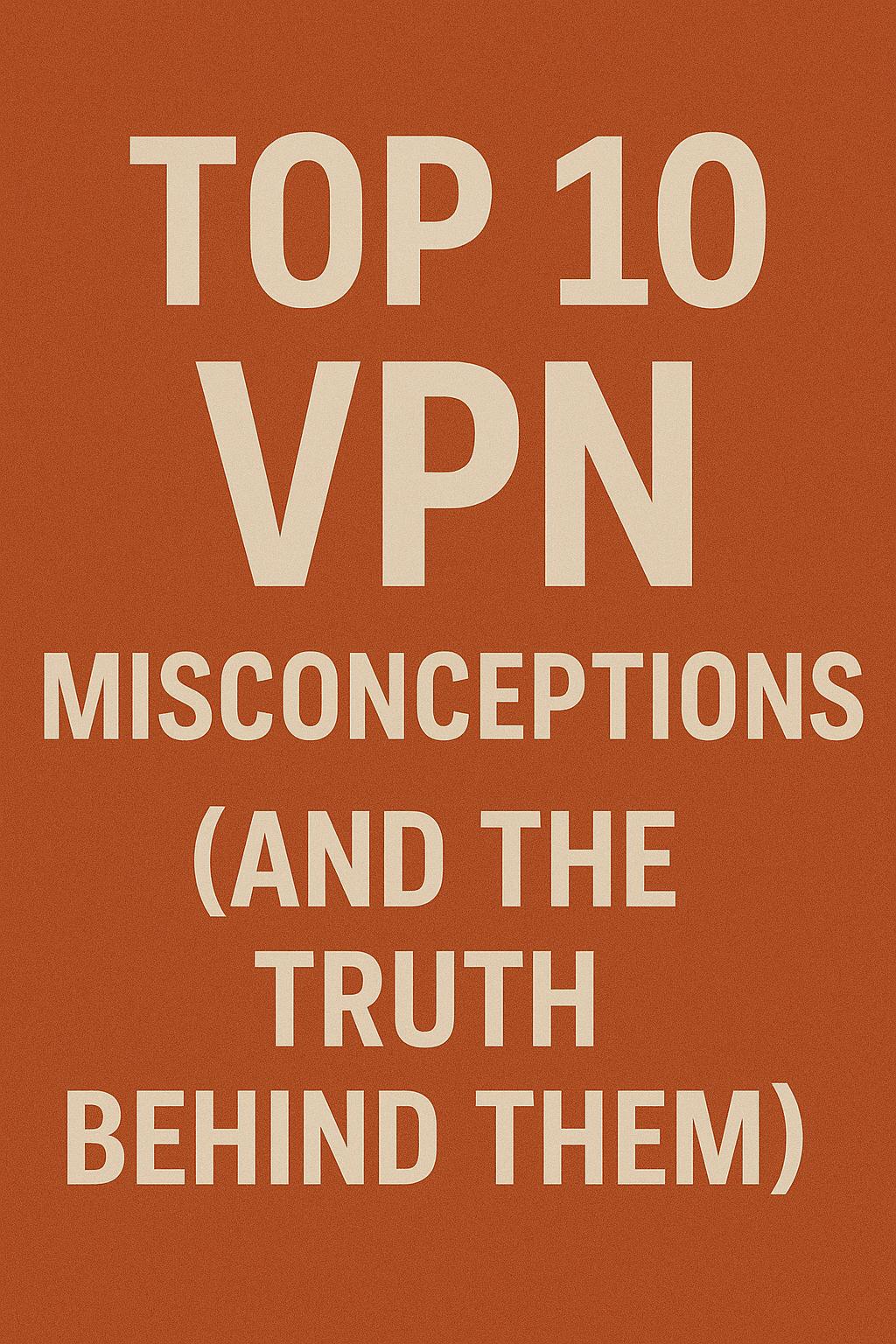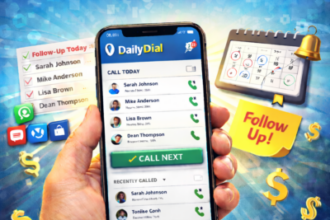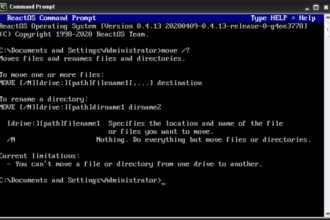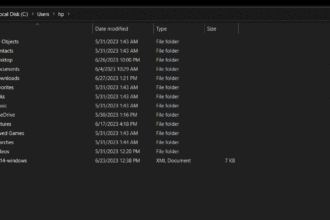Introduction
VPNs are everywhere in 2025. They’re promoted in adverts, YouTube sponsorships, and tech forums. But with the hype comes a lot of misinformation.
Some people think VPNs make them completely anonymous. Others believe they always slow your internet to a crawl. Both are myths.
In this article, we’ll break down the 10 most common VPN misconceptions — and set the record straight with technical facts (explained simply).
1. “A VPN Makes You 100% Anonymous”
🚫 Misconception
Many VPN providers claim you’ll be “invisible online.”
✅ Reality
A VPN hides your IP and encrypts your data, but it doesn’t stop:
- Cookies and trackers.
- Logins to accounts (Facebook still knows it’s you).
- Browser fingerprinting.
👉 A VPN increases privacy, not total anonymity.
2. “Free VPNs Are Just as Good as Paid Ones”
🚫 Misconception
Why pay when you can download one for free?
✅ Reality
Free VPNs often:
- Log and sell your browsing data.
- Inject ads.
- Use weak encryption.
- Have small server networks → slow speeds.
👉 If you’re not paying for the product, you are the product.
3. “VPNs Always Slow Down Your Internet”
🚫 Misconception
VPNs kill your bandwidth.
✅ Reality
- Old protocols (PPTP, L2TP) and free VPNs can be slow.
- Modern protocols like WireGuard are so fast you barely notice.
- Sometimes a VPN can even bypass ISP throttling and make things faster.
4. “VPNs are Only for Hackers or Techies”
🚫 Misconception
VPNs are shady tools used by hackers.
✅ Reality
Today VPNs are mainstream.
- Businesses use them for remote staff.
- Families use them for privacy.
- Streamers use them to unlock content.
👉 VPNs are a normal part of online security.
5. “All VPN Providers Are Safe”
🚫 Misconception
Any VPN will protect you.
✅ Reality
- Some VPNs (especially free ones) sell data.
- Others have been caught keeping logs despite “no logs” claims.
- A trustworthy VPN should have independent security audits.
6. “A VPN Makes You Immune to Hackers”
🚫 Misconception
Hackers can’t touch you if you use a VPN.
✅ Reality
- A VPN protects your traffic, not your device.
- You can still get malware, phishing emails, or keyloggers.
- Combine VPN with antivirus and safe habits.
7. “VPNs are Illegal”
🚫 Misconception
Some people think VPNs are banned.
✅ Reality
- VPNs are legal in most countries, including the UK, US, and EU.
- Some countries restrict or ban them (China, Iran, Russia).
- Using a VPN for illegal activity is still illegal.
8. “VPNs Always Work with Netflix”
🚫 Misconception
VPNs unlock any streaming library.
✅ Reality
- Streaming services actively block VPN IPs.
- Only a few providers consistently bypass restrictions.
- Even then, it may stop working temporarily.
9. “VPNs Don’t Work on Phones”
🚫 Misconception
VPNs are only for PCs.
✅ Reality
- Modern VPNs have apps for iOS, Android, smart TVs, and even routers.
- Protocols like IKEv2 and WireGuard are optimised for mobile.
10. “Once You Have a VPN, You’re Safe Forever”
🚫 Misconception
Install a VPN and you never need to worry again.
✅ Reality
- A VPN is one tool in a bigger security toolkit.
- You still need strong passwords, MFA, updates, and safe browsing.
- Think of it like locking your front door — it helps, but it’s not your only defence.
Conclusion
VPNs are powerful, but they’re often misunderstood. They:
- Do protect privacy, secure data, and unlock content.
- Don’t make you invisible, unblock everything, or replace good security practices.
By cutting through the myths, you can use VPNs confidently — knowing exactly what they can (and can’t) do.
🔗 Keep learning:
- [Does a VPN Slow Down Your Internet? Real Speed Tests Explained]
- [Why Free VPNs Are Risky: Data Logging Explained]
- [How VPNs Work: The Complete Technical Guide]





